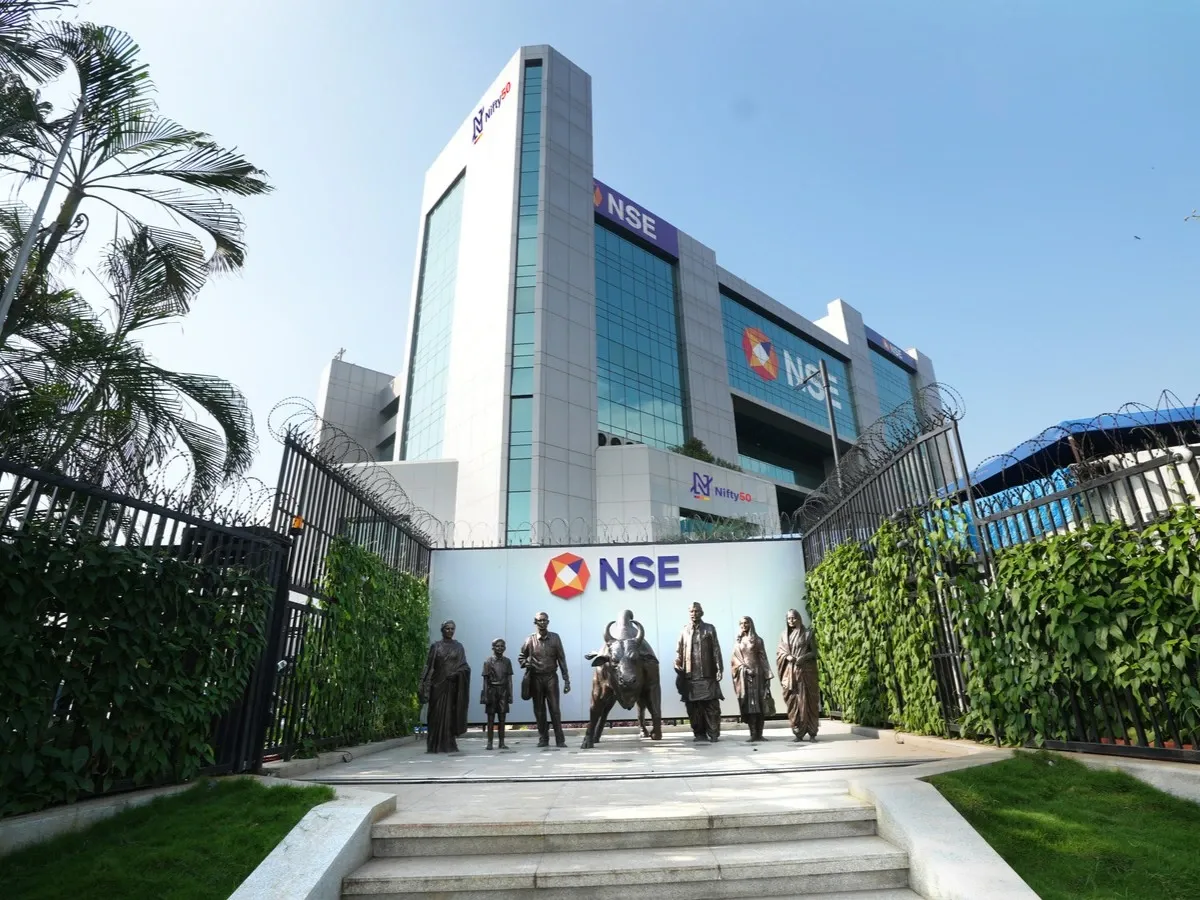Dividends in Stocks - Meaning, Payout Ratio, Types & How to Calculate
Written by Mariyam Sara
Published on October 03, 2025 | 2 min read

Before investing, you must have a clear goal, it could be capital appreciation, wealth creation, or just securing an extra source of income. When investing in the equity market, you get certain added benefits like dividends, rights issues, and bonus shares.
In this blog, you will learn in depth what a dividend is, the types of dividends and popular dividend yielding stocks.
What is the dividend?
A dividend is a reward that companies offer to their shareholders for contributing to the growth of their company. A company has no obligation to pay dividends to its shareholders, but if there’s no scope for expansion or growth, companies prefer to share a portion of their profit with their shareholders.
Most companies prefer to reinvest the majority of their profit in R&D (research and development) for future endeavors or in expansion.
A dividend is a portion of the profit remaining after deducting the company’s essential expenses and hence, it differs from company to company.
Here’s how dividend per share is calculated:
Dividend per share = Total dividend available for distribution ÷ Total number of shares issued
Types of dividends
Cash Dividend
Like the name suggests, the company provides a dividend in the form of cash to its shareholders. The majority of companies prefer to provide cash dividends over other forms of dividends.
Stock Dividend
Companies provide dividends in the form of stock to the shareholders by issuing new shares. The number of shares to be distributed as a dividend is determined on a pro-rata basis.
Example: When company A announces a stock dividend in the ratio 1:5, meaning an investor holding 5 shares will get 1 additional share as a stock dividend.
Special Dividend
When a company offers a dividend on common stock after accumulating profit for several years, that is called a “special dividend”.
Preferred Dividend
Preferred dividends are fixed dividends paid quarterly to shareholders holding preference shares in the company.
Interim Dividend
Interim dividend is distributed within an Indian financial year, i.e, between April of one year and March of the next year.
Final Dividend
Final dividend is distributed at the end of a financial year after the accounts for the year have been prepared.
Impact of dividend on share price
Once the dividend is paid to the shareholders, the share price of the company falls by the dividend amount paid on a share.
Example: The ITC share price on May 21, 2025, was ₹433. On May 22, 2025, ITC declared a dividend of ₹7.85 per share, bringing down the share price to ₹426.
Who is eligible for dividends?
On announcement of dividend, a particular date is selected as the “record date”. Investors holding shares of the company on that record date are eligible to receive dividends on their shares.
Tax applicable on the dividend received
As per Section 194 of the Income Tax Act 1961, dividends received by shareholders are taxable as “income from other sources”. Companies deduct 10% TDS on dividends exceeding ₹10,000 when paying out dividends. Further, the dividend received is taxable income for the investor at applicable tax slab rates.
Popular dividend yielding stock you can invest in
You can track upcoming companies' dividends, bonus shares, share splits, and rights issues news on Upstox right now.
Want to become a skilled investor? Sign up on UpLearn by Upstox today!
About Author
Mariyam Sara
Sub-Editor
holds an MBA in Finance and is a true Finance Fanatic. She writes extensively on all things finance whether it’s stock trading, personal finance, or insurance, chances are she’s covered it. When she’s not writing, she’s busy pursuing NISM certifications, experimenting with new baking recipes.
Read more from MariyamUpstox is a leading Indian financial services company that offers online trading and investment services in stocks, commodities, currencies, mutual funds, and more. Founded in 2009 and headquartered in Mumbai, Upstox is backed by prominent investors including Ratan Tata, Tiger Global, and Kalaari Capital. It operates under RKSV Securities and is registered with SEBI, NSE, BSE, and other regulatory bodies, ensuring secure and compliant trading experiences.

























